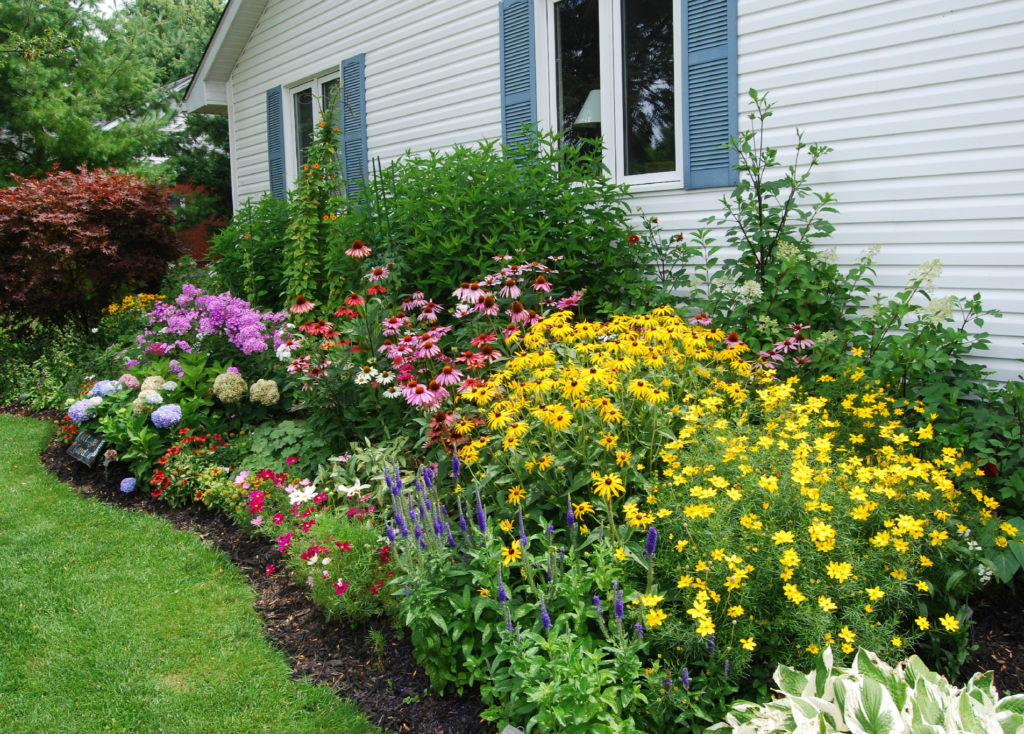As the monsoon season gives way to the transitional period of August and September, Indian Home Garden become ripe for a diverse array of plants that thrive in this climatic shift. Beyond their aesthetic appeal, many of these plants hold valuable medicinal properties deeply rooted in traditional practices. Let’s delve into the details of each plant, exploring their cultivation methods and the therapeutic benefits they offer.
1. Marigolds (Calendula officinalis): Home Garden

Marigolds are known for their vibrant colors and strong fragrance. These ornamental flowers are often used in Indian households for religious rituals and decorative purposes. Apart from their visual appeal, marigolds hold certain medicinal uses:
Medicinal Uses:
- Marigold flowers have anti-inflammatory and antiseptic properties, making them useful for treating minor wounds, cuts, and burns.
- Marigold extracts are used in skincare products for their potential to soothe skin irritations and promote healing.
- Infusions of marigold petals are believed to aid in digestion and alleviate stomach discomfort.
2. Holy Basil (Ocimum sanctum): Home Garden
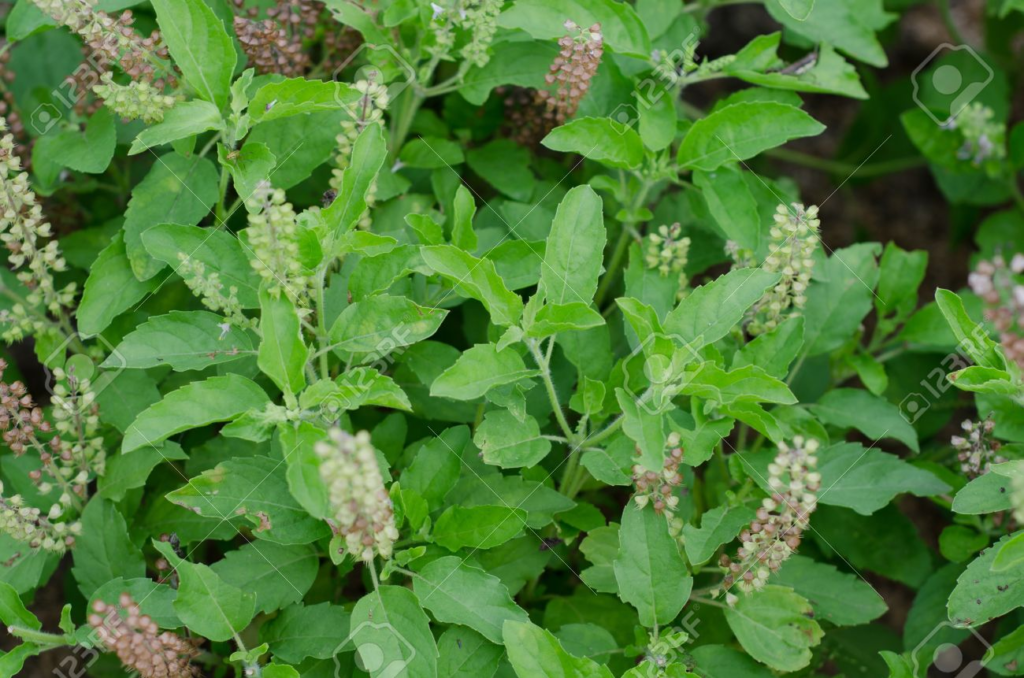
Tulsi, or holy basil, is revered in Indian culture for its spiritual significance and medicinal properties. Its adaptogenic qualities make it a versatile herb for holistic well-being.
Medicinal Uses:
- Tulsi leaves, rich in antioxidants, play a vital role in preparing herbal teas that enhance immunity and assist in managing stress.
- Many believe that the essential oil extracted from tulsi leaves possesses antibacterial and antiviral properties, which make it a valuable remedy for respiratory ailments.
- Consuming tulsi leaves is reputed to bolster respiratory health, provide relief from coughs, and alleviate congestion.
3. Petunias (Petunia spp.): Home Garden
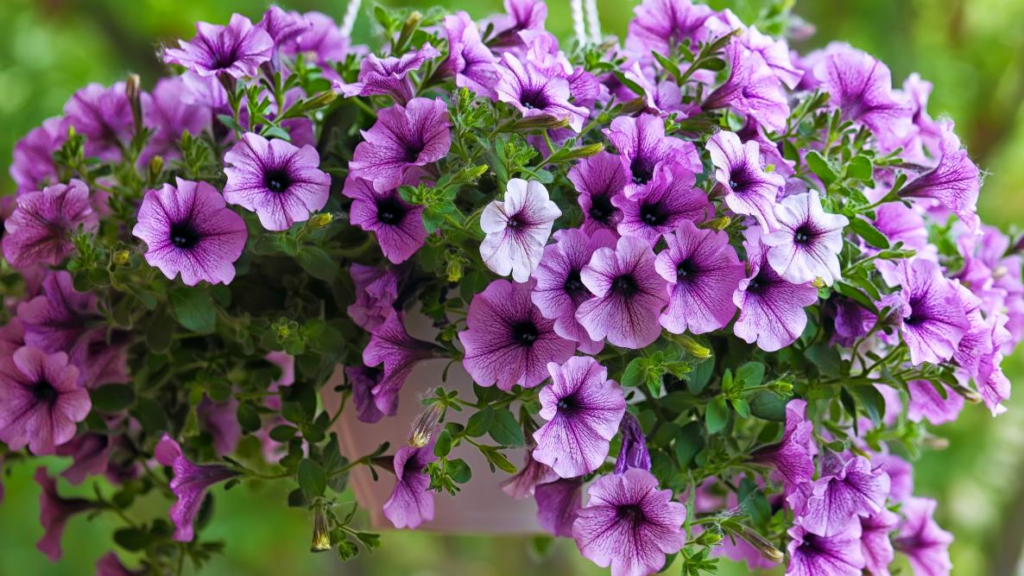
Garden enthusiasts favor petunias for their variety of colors and patterns, making them known for their appeal. Beyond their ornamental value, they possess some medicinal attributes.
Medicinal Uses:
- The sap from petunia leaves is used in traditional medicine for its potential to alleviate minor skin irritations, insect bites, and stings.
- Some species of petunias have compounds that exhibit anti-inflammatory properties and are being studied for their therapeutic applications.
4. Indian Borage (Plectranthus amboinicus): A Medicinal Marvel
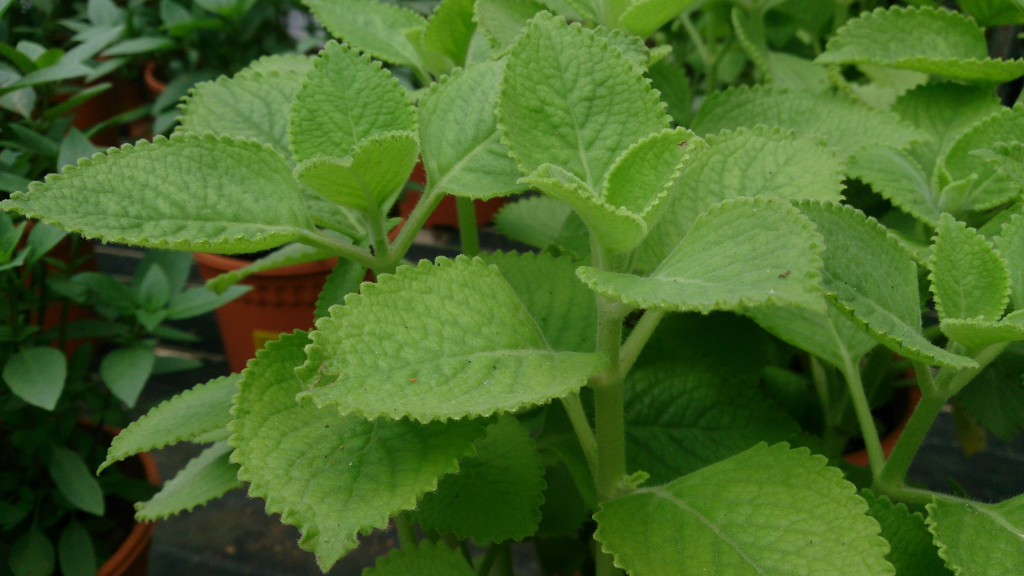
Indian Borage, or Karpooravalli, is a herb with numerous traditional uses in Indian households. People use its leaves for both culinary and medicinal purposes.
Medicinal Uses:
Tulsi leaves contain antioxidants and are useful for preparing herbal teas that boost immunity and assist in stress management.
Many believe that the essential oil extracted from tulsi leaves possesses antibacterial and antiviral properties, rendering it valuable for treating respiratory ailments.
Consuming tulsi leaves is reputed to promote respiratory health, ease coughs, and relieve congestion.
AIPRM – ChatGPT Prompts
5. Zinnias (Zinnia spp.): Simple Elegance
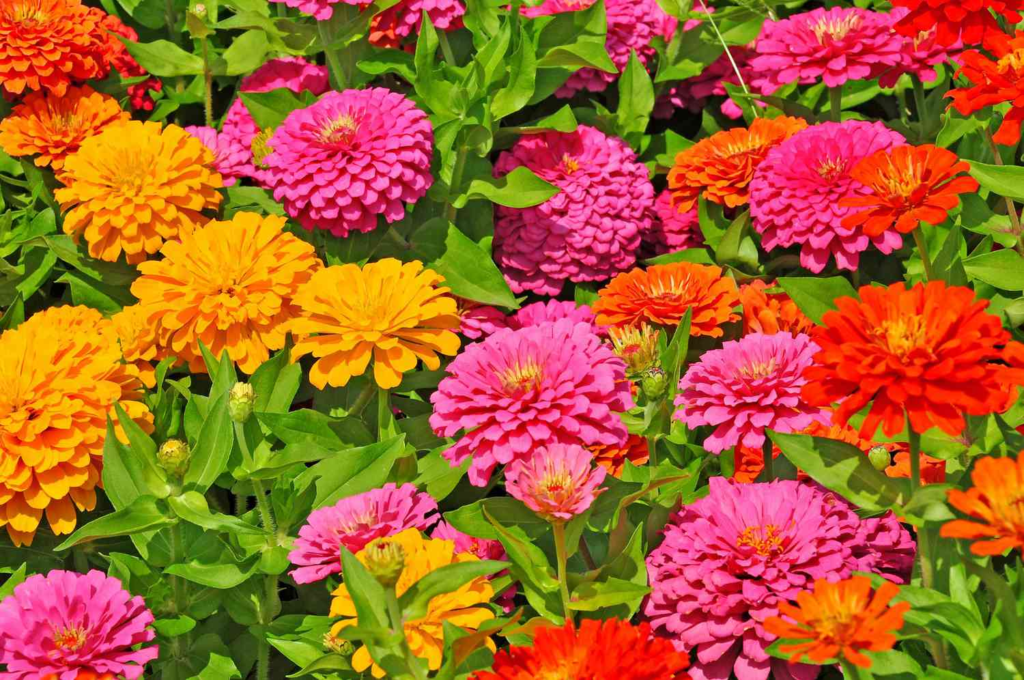
Zinnias, with their uncomplicated beauty, can bring a touch of elegance to any garden. While not as commonly known for medicinal uses, they do hold some surprising benefits.
Medicinal Uses:
- Zinnias are being studied for their potential as natural sources of antioxidants that can contribute to overall health and well-being.
- Although not widely used in traditional medicine, some compounds found in zinnias may have anti-inflammatory properties and future therapeutic applications.
6. Aloe Vera (Aloe barbadensis miller): Nature’s Healing Plant
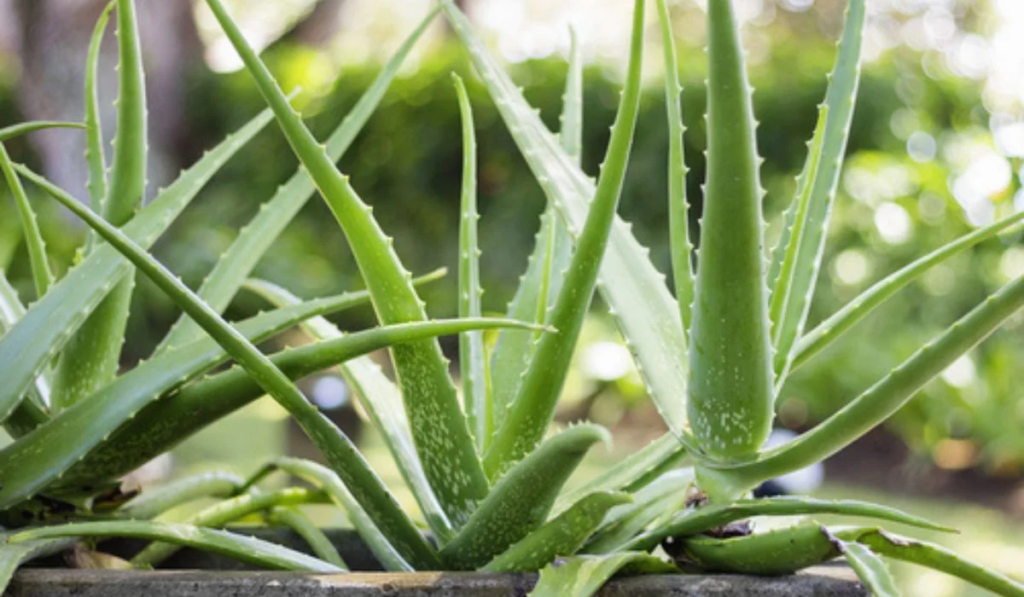
Aloe vera holds global renown for its soothing and healing properties, earning it a staple status in many households.
Medicinal Uses:
People use the gel within aloe vera leaves topically to soothe and heal burns, sunburns, and minor cuts.
Aloe vera also finds application in skincare products due to its potential to moisturize the skin, alleviate itching, and reduce inflammation.
Many believe that consuming aloe vera juice supports digestion, promotes gut health, and provides a boost of vitamins and minerals.
7. Indian Poinsettia (Euphorbia pulcherrima): Winter Blooms
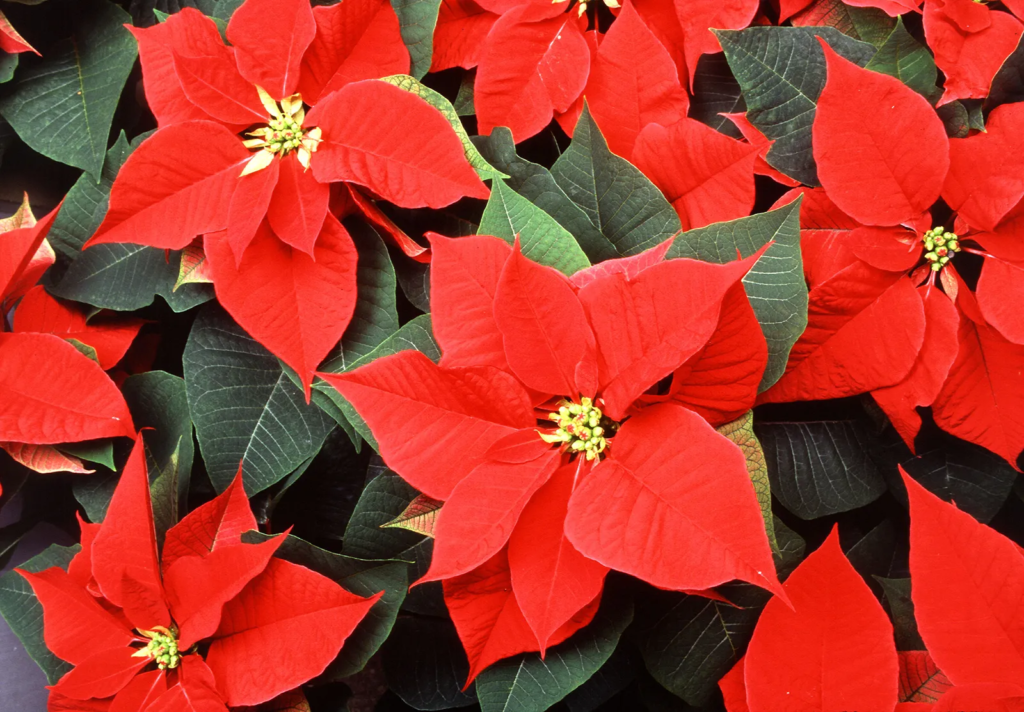
Indian Poinsettia, known as Lalupate, produces vibrant bracts during the winter months, adding splendor to gardens and homes.
Medicinal Uses:
- While primarily grown for ornamental purposes, Indian Poinsettia has some traditional applications in herbal medicine for treating skin conditions and minor wounds.
- Handle Indian Poinsettia with caution, as its milky sap can cause skin irritation.
Conclusion
Cultivating these plants in your Indian home garden during August and September not only enhances your outdoor space but also brings the gift of nature’s healing properties. From marigolds with their soothing effects to the sacred significance of holy basil, each plant holds a unique place in traditional medicine. Handle Indian Poinsettia with caution, as its milky sap can cause skin irritation. As you nurture these plants, you not only create a beautiful garden but also embrace the age-old wisdom of natural remedies.
FAQs
Q1: Can I consume tulsi leaves daily?
A1: Consuming tulsi leaves in moderation is generally considered safe and beneficial. Consult a healthcare professional for personalized advice.
Q2: Are there any side effects of using aloe vera topically?
A2: Aloe vera is generally safe for topical use. However, some individuals may experience skin irritation or allergic reactions. Conduct a patch test before applying it extensively.
Q3: Can I use marigold extracts for internal consumption?
A3: Marigold extracts intended for external use are not suitable for consumption. Consult a qualified herbalist or healthcare provider for guidance on internal herbal remedies.
Q4: How can I use Indian Borage for respiratory issues?
A4: Indian Borage leaves have the potential to alleviate respiratory discomfort when consumed as an herbal tea or used in steam inhalation. Consult a herbalist or healthcare provider for proper usage instructions.
Q5: Are there any precautions for handling Indian Poinsettia?
A5: Indian Poinsettia’s milky sap can cause skin irritation. Wear gloves and exercise caution when pruning or handling the plant.

